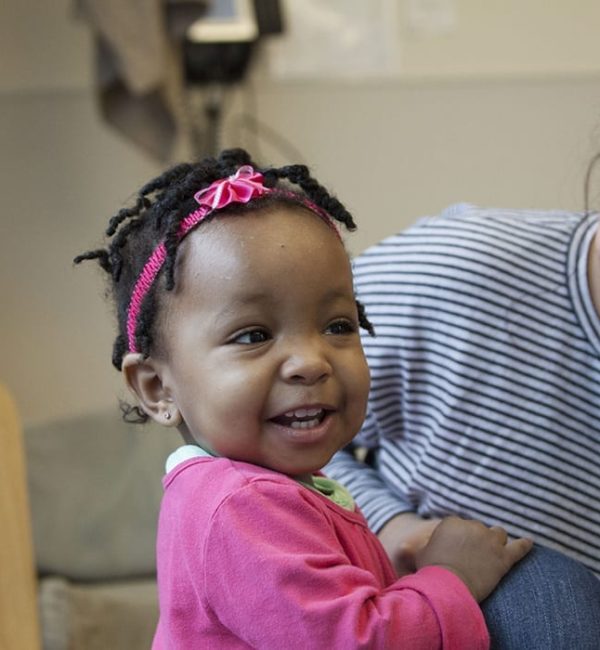Home-based child care accounts for the largest sector of the early care and education workforce. More young children in the U.S, especially infants, toddlers, and children from low-income families, are cared for in these settings than in center-based child care or preschool. Despite this prevalence, a relatively small research base exists on strategies that support and help providers improve their caregiving practices. Researchers from Erikson are working to close that gap. Dr. Juliet Bromer of Erikson’s Herr Research Center, along with her collaborators Dr. Jon Korfmacher, and Toni Porter of Early Care & Education Consulting in New York, have released detailed findings geared towards improving quality in home-based child care.
The report, Mapping the Family Child Care Network Landscape: Findings from the National Study of Family Child Care Networks, sheds light on the types of staffed family child care networks that exist across the country. Based on a national scan of organizations that operate staffed family child care networks, the findings provide insights into the kinds of organizations that operate networks, the services they offer to home-based child care providers, and their staffing components. A companion report on findings from the qualitative interviews about how networks increase the supply and quality of home-based child care is forthcoming.
“Across the country, policy makers and program administrators are beginning to understand that in order to increase access to high-quality child care for infants and toddlers, they must find ways to engage family child care providers in quality systems,” says Bromer. “Our study findings about family child care networks provide insights into the organizational platforms and types of services that states and communities may look to in their efforts to build an early care and education system that meets the child care needs of families and the developmental needs of young children.”
Staffed family child care networks are one promising strategy that has gained growing attention as the federal Office of Child Care seeks to promote strategies aimed at increasing the supply and quality of child care for infants and toddlers. Erikson Institute’s National Study of Family Child Care Networks, launched in 2017 with support from the Pritzker Children’s Initiative, a project of the J.B. and M.K. Pritzker Foundation, and the W. Clement and Jessie V. Stone Foundation, intends to inform policy and programs about network models that support home-based child care providers.
The three-year exploratory study consists of four primary components: 1) a national survey of staffed family child care networks; 2) in-depth interviews with a sub-sample of network directors about services implementation; 3) surveys of a sub-sample of providers and staff across networks; and 4) in-depth case studies of two promising networks.
Read more about the study here; access the full report here.

Join the Erikson family with monthly news + events updates shared by academics, community members, and families.